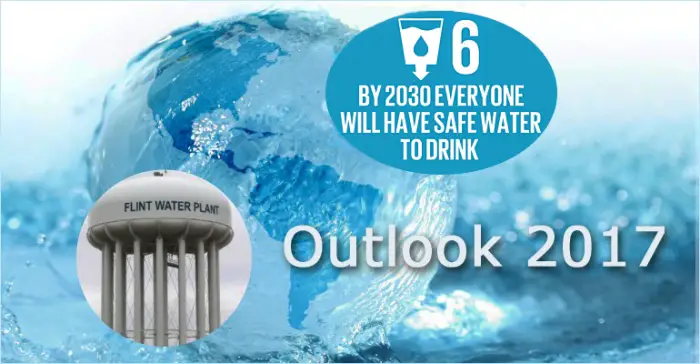High level water panel from several countries around the world has met in South Africa to discuss ways in which water use can be harnessed to aid efforts to save every valuable drop of the precious natural resource.
As host country of the United Nation’s Valuing Water Regional Consultation, South Africa called on world leaders to make meaningful inputs into the draft document on Valuing Water Principles. The final document is projected to contribute majorly to the work of governments to save water.
As the first country in Africa chosen to host the High Level Panel on Water (HLPW), South Africa is expected to hold Regional Consultation for purposes of soliciting views from all segments of the water stakeholder community and beyond, including agriculture, energy and other sectors, on how water can be better valued.
The consultations, which are also expected to take part in other regions in the world, will conclude in the presentation of a report on valuing water, which will be presented to the General Assembly of the United Nations in September this year.
Also read:South Africa’s Lushushwane Bulk Water Supply Project begins
The members of the HLPW include heads of state from Australia, Bangladesh, Hungary, Jordan, Mauritius, Mexico, Netherlands, Peru, Senegal, South Africa and Tajikistan.
South Africa’s Public Service and Administration Minister Faith Muthambi said the consultations were a platform for government representatives and organisations to share national perspectives and positions on the critical issue of water.
The minister said the HLPW members have the same vision agreed to by the Global Water Partnership (GWP), which is partly aimed at assessing the impact of water programs in the region. GWP supports communities and countries to improve the way they manage water.
Muthambi termed the HLPW an opportunity for delegates to consider the different challenges that the countries face. These include the current levels of access to clean water in the region, monetary value attached to water as a critical resource, the policy perspective in the region, equity and user requirements, as well as legislative imperatives and government obligations.

